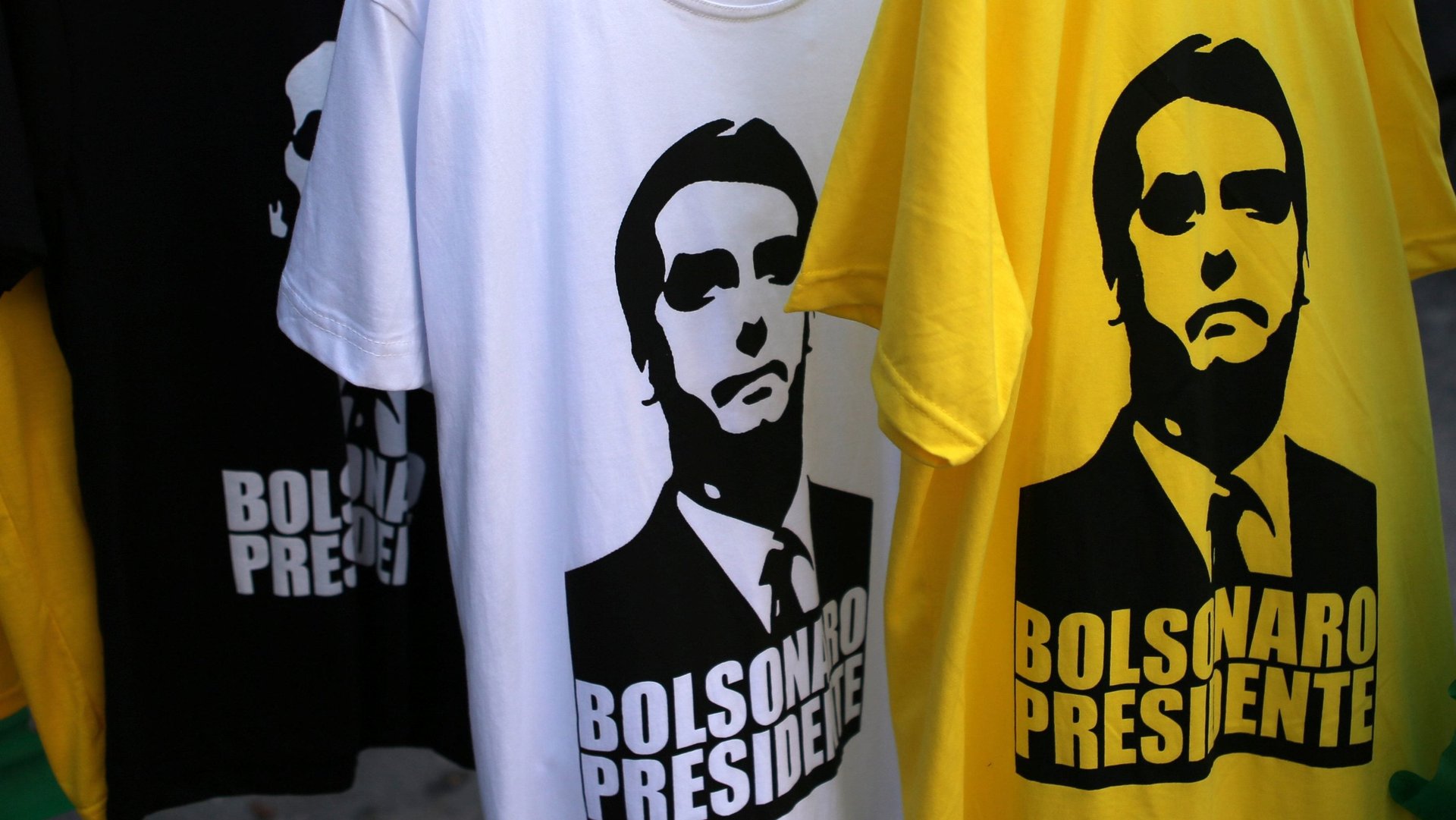Dark money is getting around Facebook’s election defenses
Facebook says it’s heavily investing in protecting elections around the globe from misinformation, scams, and sketchy actors trying to influence the results. But the efforts, as this week’s news from the United States and Brazil has shown, are proving to have significant shortcomings.


Facebook says it’s heavily investing in protecting elections around the globe from misinformation, scams, and sketchy actors trying to influence the results. But the efforts, as this week’s news from the United States and Brazil has shown, are proving to have significant shortcomings.
One of Facebook’s widely publicized election integrity projects was the political ad archive, where users can see all the political ads running on Facebook at a given time, along with basic information about who sponsored the ad, how much they paid, and whom the ad reached. The archive was mired in controversy from the very beginning, catching in its net ads that were hardly politics-related and blocking them from appearing on the platform (USA Today reported on Oct. 17 that this included innocuous ads, some of which were merely written in Spanish).
This week, it was also revealed the archive has trouble fulfilling its basic function: transparency. The Atlantic’s Alexis Madrigal looked at the background of News for Democracy, a new organization that was one of the highest-spending political advertisers during a two-week period in September, according to an analysis by NYU data scientists. It’s a limited-liability company run by media veteran Dan Fletcher that tries to reach people who don’t trust mainstream media with its left-leaning messages.
But if you’d looked only at the data Facebook provides in its ad archive, you wouldn’t know this. Nor would you find out where Fletcher was getting his funding.
Emphasizing that these issues are not ones Facebook can resolve on its own, Madrigal writes:
Though Fletcher maintains that his funding comes from Americans, it’s easy to imagine a hypothetical in which it does not. Let’s say MotiveAI had substantial Chinese or European investors. That foreign involvement could very easily be laundered through an American starting an LLC—even better, a thicket of LLCs that would make it more difficult to connect different purchases.
At the New York Times, Kevin Roose, reporting about a Virginia race where a candidate was being viciously attacked by an anonymous advertiser, discovers why it’s possible for advertisers to disclose so little information publicly.
Roose writes:
But the owner of “Wacky Wexton Not” was able to remain anonymous by taking advantage of a loophole in Facebook’s policy. Once authorized to pay for political ads, buyers are able to fill the “paid for by” field with whatever text they want, even if it does not match the name of a Facebook user or page, and even if it is not an organization registered with the Federal Election Commission. Facebook does not reveal the identity of authorized ad buyers, or allow users to get more information about them.
This doesn’t appear to be illegal, since the FEC has not come up with definitive rules for online political ads. Facebook told Roose that it was improving its disclosure feature, but it does not reveal who actually bought an ad to protect the buyers’ privacy.
Meanwhile, Facebook invited journalists to tour the “War Room” it set up to battle any election-related issues, a headquarters for its fight against political misinformation (earlier this week, Facebook announced it was banning any kind of misleading information about how and where to vote). The reports that emerged are full of skepticism, emphasizing a particularly vulnerable point in Facebook’s war: WhatsApp, which is at the center of an unfolding political scandal in Brazil.
On Wednesday, Brazilian researchers published an op-ed in the New York Times in which they outlined just how powerful WhatsApp had been in spreading misinformation in the country’s contentious election, happening this month. Out of 50 of the most-shared political messages on WhatsApp, more than half were found to be misleading, and only eight to be fully truthful.
The researchers write that Facebook should be credited with boosting fact-checking on its main platform, “but these efforts seem to have pushed dirty campaigns elsewhere, in particular to WhatsApp,” which is encrypted, and limited to groups of 256 people, making any verification of the content circulating there difficult.
The next day, Brazilian newspaper Folha de São Paulo revealed that the far-right candidate leading in the polls was getting boosted by a group of businesspeople who were funding a campaign spreading misinformation about his opponent. Per The Guardian’s account, the group would use foreign numbers to circumvent WhatsApp’s spam detection.
All of this adds up to an unflattering picture for Facebook. Of course, the company can’t be blamed for dirty politics and shady actors trying to influence foreign elections. But it shows, once more, just how powerful its platforms can be in disseminating sketchy information and straight up lies—and that the defenses Facebook put up after Russian operatives interfered in the US election are far from sufficient, and, in some cases, counterproductive.